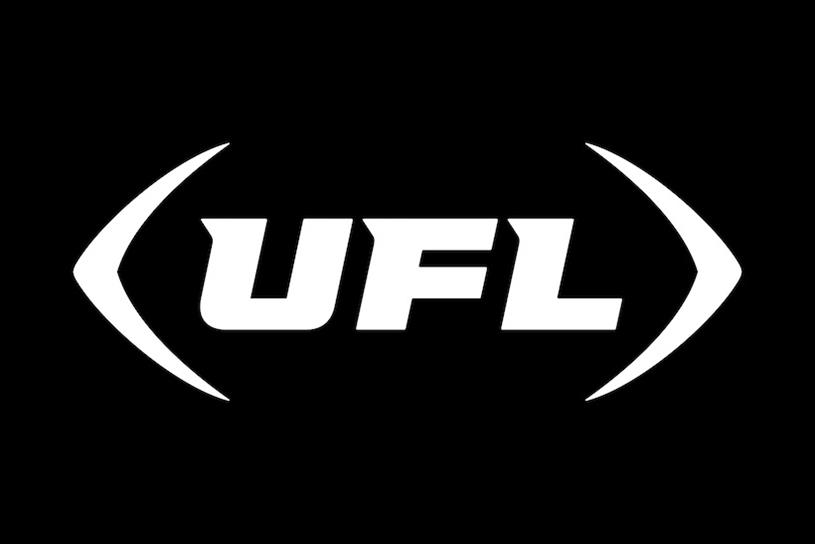The United Football League (UFL) has officially announced that it will no longer field teams in Michigan, Memphis, and San Antonio, citing stadium limitations as the primary factor in the decision. The league emphasized that available venues in these markets do not align with its new focus on smaller, more intimate stadiums designed to elevate the fan experience.
Why the UFL Is Leaving These Markets
According to the UFL’s statement, a detailed market and venue analysis led to the decision. While fan support in Michigan, Memphis, and San Antonio was described as “incredible,” the lack of suitable stadiums ultimately made continued operations unsustainable. The UFL’s long-term strategy now prioritizes venues that provide closer engagement between players and fans, rather than larger stadiums that dilute the game-day atmosphere.
Gratitude to Fans in Michigan, Memphis, and San Antonio
The league expressed its appreciation for the communities it is leaving behind:
“We are deeply grateful for the incredible support of our devoted fans in these communities. Your passion and commitment have been invaluable to the league.”
The UFL also reassured fans that this move is not a permanent exit. As part of its potential expansion plans for 2028, the league remains hopeful that suitable stadium solutions will allow for a return to these markets in the future.
What’s Next for the UFL?
While departing three markets is a significant shift, the UFL is already planning its next steps. League officials stated that more details will be shared in an announcement next week, outlining how the UFL will restructure its operations moving forward.
This adjustment is expected to strengthen the league’s stability and fan engagement model, potentially making room for expansion into new cities or reinforcing existing markets.
Looking Ahead to Expansion in 2028
The UFL has set its sights on 2028 as a target year for expansion. Should suitable venues be developed in Michigan, Memphis, and San Antonio, fans in those regions could see a return of UFL football. Until then, the league will continue building its identity in markets better aligned with its stadium strategy.


